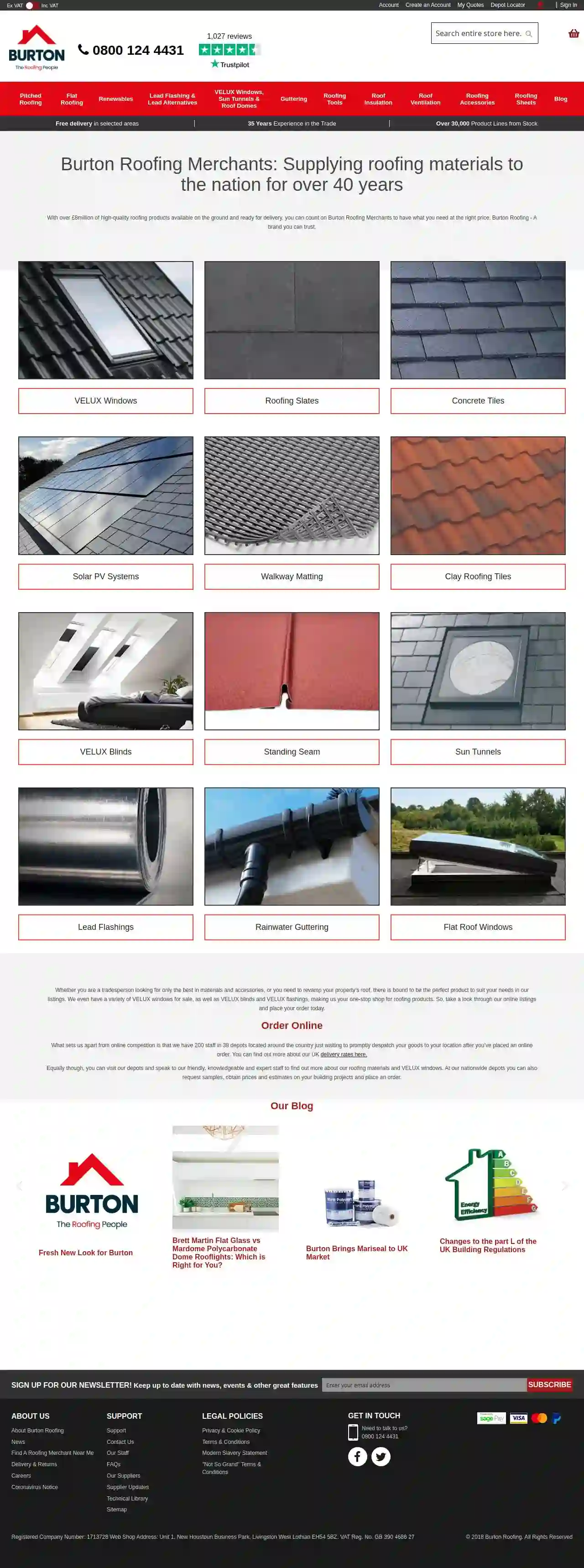Roofing Companies Pontypridd
Top Roofing Services in Pontypridd
Receive multiple Roofing Companies quotes for your project today! Compare profiles, reviews, accreditations, portfolio, etc... and choose the best service.
Service Needed
City or Town

The Roof Hub
4.742 reviewsPontypridd, GB- Services
- Why Us?
- Gallery
Get Quote- Po
Pontypridd Roofing
51 reviewsPontypridd, GB- Services
- Why Us?
Get Quote
Over 12,314+ Roofers registered
Our roofing experts operate in Pontypridd & surrounding areas!
Roofyng.co.uk has curated and vetted the Best Roofing Contractors in and around Pontypridd. Find a top & trustworthy contractor today.
Frequently Asked Questions About Roofing Companies
Find answers to common questions about roofing companies and hiring roofing contractors in the UK.
- Ventilation: Soffit vents provide intake ventilation, allowing fresh air to enter the attic and regulate temperature and moisture.
- Aesthetics: It creates a finished look to the roof's underside.
- Pest Control: A properly sealed soffit prevents pests like birds and squirrels from nesting in the attic.
- Listed Buildings: Buildings with historical or architectural significance.
- Conservation Areas: Areas with special architectural or historical character.
- Changes to Roof Design: If you're making significant alterations to the roof's design, such as adding a dormer window or changing the pitch.
- Asphalt Shingles: Popular, affordable, available in various styles (3-tab, architectural, etc.)
- Metal Roofing: Durable, long-lasting, energy-efficient, available in panels, shingles, or tiles.
- Tile Roofing: Clay, concrete, or slate; known for longevity, durability, and aesthetic appeal.
- Flat Roofing: EPDM rubber, TPO, PVC, modified bitumen, or built-up roofing (BUR).
- Slate: Natural stone, extremely durable, expensive, requires expert installation.
- Wood Shakes or Shingles: Natural wood, aesthetically pleasing, requires regular maintenance.
What is a soffit, and why is it important for my roof?
The soffit is the underside of the roof overhang that connects the roof edge to the exterior wall. It's important for:
What is a roof valley, and why is it important?
A roof valley is the internal angle formed where two roof slopes meet. It's a critical area for waterproofing, as it channels a high volume of rainwater runoff. Improperly flashed valleys are a common source of leaks, so it's crucial to ensure they are properly sealed and maintained.
Do I need planning permission to replace my roof in the UK?
In most cases, you don't need planning permission to replace your roof in the UK if you're using similar materials and not altering the roof's structure significantly. However, there are exceptions, such as:
What are the different types of roofing materials?
Common roofing materials include:
What is a soffit, and why is it important for my roof?
The soffit is the underside of the roof overhang that connects the roof edge to the exterior wall. It's important for:
- Ventilation: Soffit vents provide intake ventilation, allowing fresh air to enter the attic and regulate temperature and moisture.
- Aesthetics: It creates a finished look to the roof's underside.
- Pest Control: A properly sealed soffit prevents pests like birds and squirrels from nesting in the attic.
What is a roof valley, and why is it important?
A roof valley is the internal angle formed where two roof slopes meet. It's a critical area for waterproofing, as it channels a high volume of rainwater runoff. Improperly flashed valleys are a common source of leaks, so it's crucial to ensure they are properly sealed and maintained.
Do I need planning permission to replace my roof in the UK?
In most cases, you don't need planning permission to replace your roof in the UK if you're using similar materials and not altering the roof's structure significantly. However, there are exceptions, such as:
- Listed Buildings: Buildings with historical or architectural significance.
- Conservation Areas: Areas with special architectural or historical character.
- Changes to Roof Design: If you're making significant alterations to the roof's design, such as adding a dormer window or changing the pitch.
What are the different types of roofing materials?
Common roofing materials include:
- Asphalt Shingles: Popular, affordable, available in various styles (3-tab, architectural, etc.)
- Metal Roofing: Durable, long-lasting, energy-efficient, available in panels, shingles, or tiles.
- Tile Roofing: Clay, concrete, or slate; known for longevity, durability, and aesthetic appeal.
- Flat Roofing: EPDM rubber, TPO, PVC, modified bitumen, or built-up roofing (BUR).
- Slate: Natural stone, extremely durable, expensive, requires expert installation.
- Wood Shakes or Shingles: Natural wood, aesthetically pleasing, requires regular maintenance.